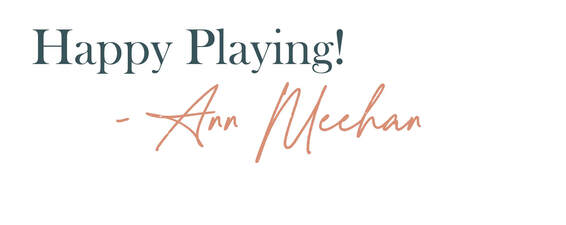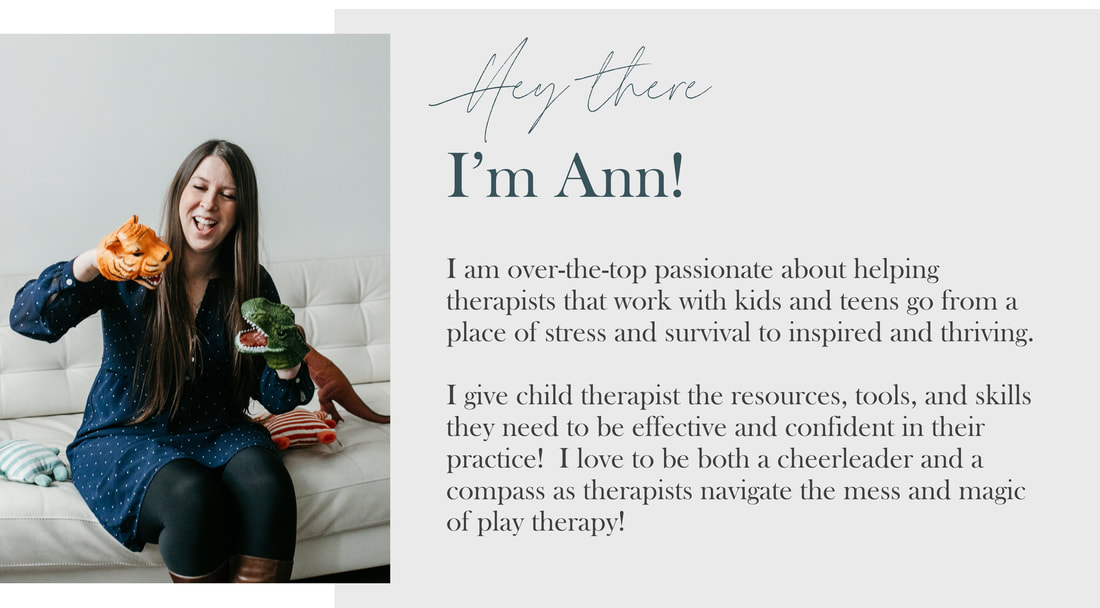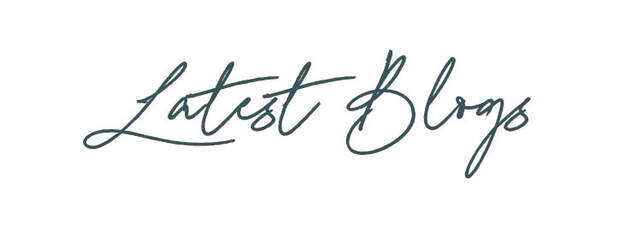|
Just how long does it take you to write a progress note?
5 minutes? 15 minutes? 20 or more? For me? Just under 3 minutes. Done and done.
Now, I’m not telling you this because I want a note-writing-trophy but to paint a picture of what is possible for you in your practice. See… I didn’t get to this space because I have superhuman note writing ability.
Nope! My notes are something that have evolved in my practice from something that created stress, pressure, and panic to something…well… that I actually look forward to! Okay - well sometimes I look forward to them. Like those times when I am typing up a note on themes and get new insight into what the client was doing because instead of being in the moment and present with the client I am doing a deeper level of reflection and am able to see things I didn’t see before. But one thing I can tell you is I don’t dread them anymore. I wanted to issue you an invitation to see your notes through a different lens that might give you more freedom when you write your notes AND shave down some of that time! Hey - any amount counts right? Nobody wants to be doing notes in their free time during the evening or weekends! Okay… so here it is - your notes shouldn't be a novel. Nor should they be a play by play transcript of how the session went. I am going to say this as gently as possible - notes are not the same as the transcript of mock sessions you needed to type up for grad school (please tell me this wasn’t only my program that made me do this!). And other professionals that may read your notes don’t have the time or capacity to read pages-on-pages of these notes when they request records. So because of this, I wanted to give you two tips to shift your mindset if you are a novel note taker. First - identify your fears There are many fears and anxieties that I had when I first started writing notes and I hear from consultees on the regular that pop up. For some they are worried that if they don’t get all the information in their notes, their clients will suffer. Maybe with coordination of care something will be missed or if the client wants a record it won’t be comprehensive enough. For others they are worried about insurance audits and take backs so they throw in everything and the kitchen sink to make sure they are covered. Others with specific populations are worried about liabilities, such as with high conflict divorce cases. They are worried that if they don’t have absolutely everything in the notes it will open them up for litigation. Second - check the facts Okay - now that you know the beliefs that are leading you to write a novel - are any of them true? Check the facts with a trusted professional? How many clients actually want that much information about their 23rd therapy session? How many professionals are actually benefiting from it? And just what do insurance companies want you to be documenting? Check the facts and get clear! Once you have a handle on the blocking beliefs that lead you stuck in your notes and a little bit more information about what the actual truth is, then you can start pairing down your notes to be less novel-ish and more streamlined! AND if this is something you consistently struggle with, let me share my years of note writing experience with you to help you learn how to write efficient and effortless notes in between sessions without adding hours to your work week to keep up. The 5 Minute Note course offers tactical strategies to put into your practice tomorrow including exactly what needs to be in your notes and how to write notes in the most efficient way possible. Ohh… it also includes tons of templates for Play Therapy notes and EMDR! Check it out HERE! Loading...
0 Comments
Leave a Reply. |
Hi, there!I'm Ann Meehan, an LPCC, Loading... Archives
July 2024
Categories
All
|
Privacy Policies | Terms of Use | Disclaimer
Contact
[email protected] | Copyright Meehan Mental Health Services 2022
Contact
[email protected] | Copyright Meehan Mental Health Services 2022







